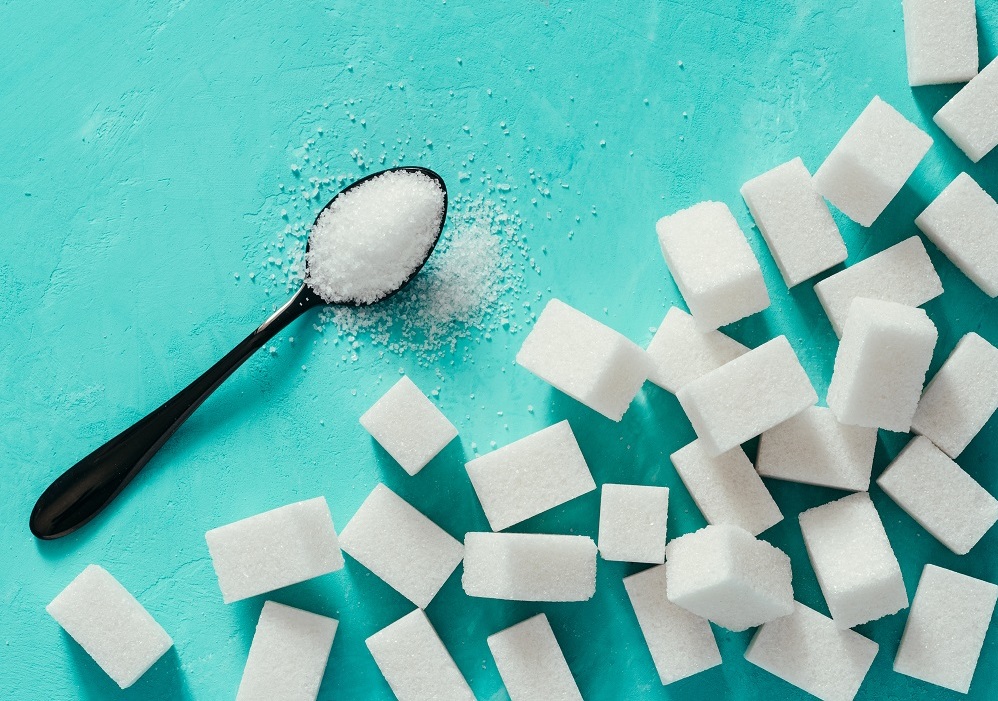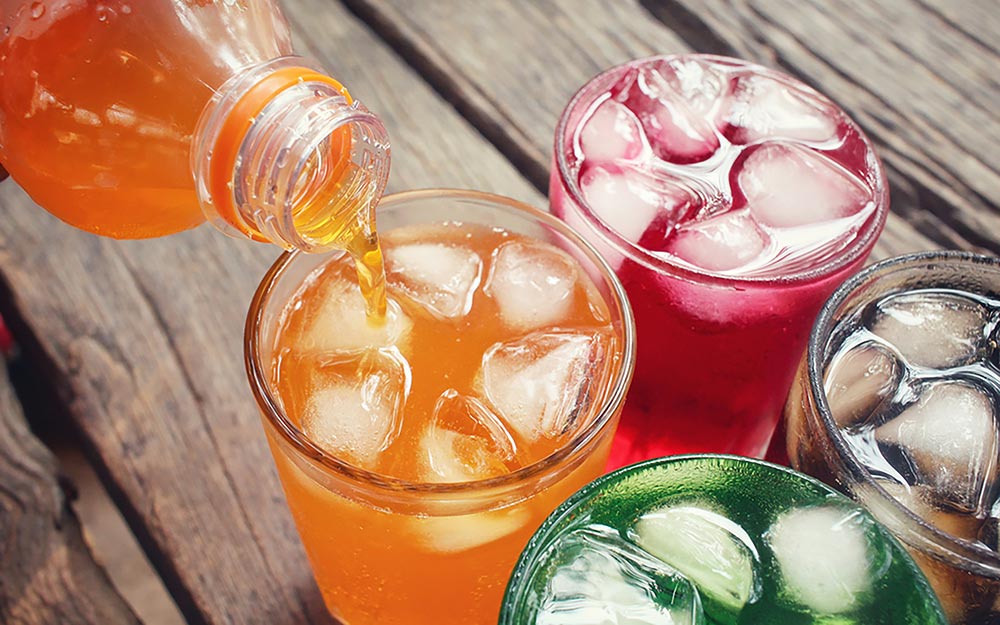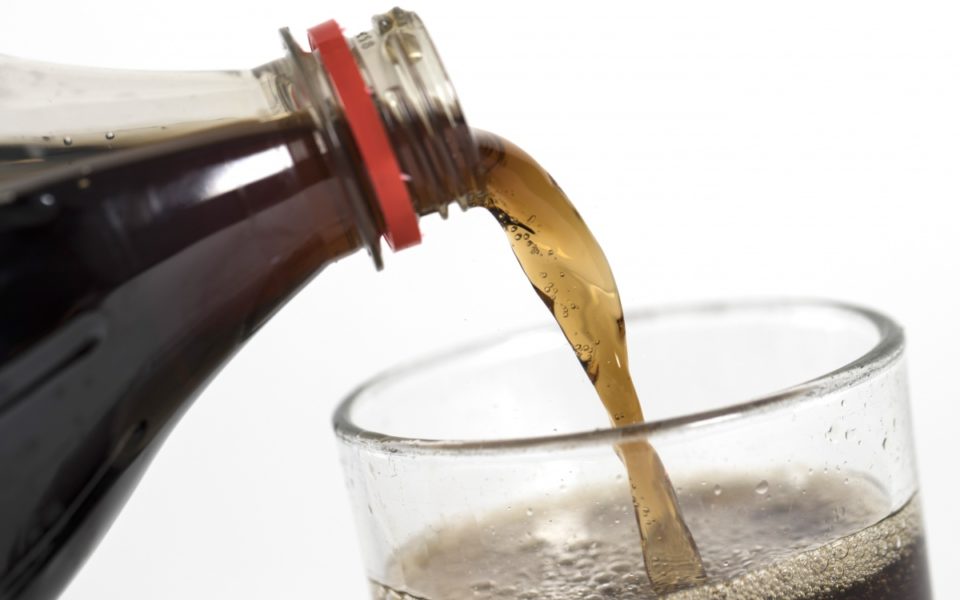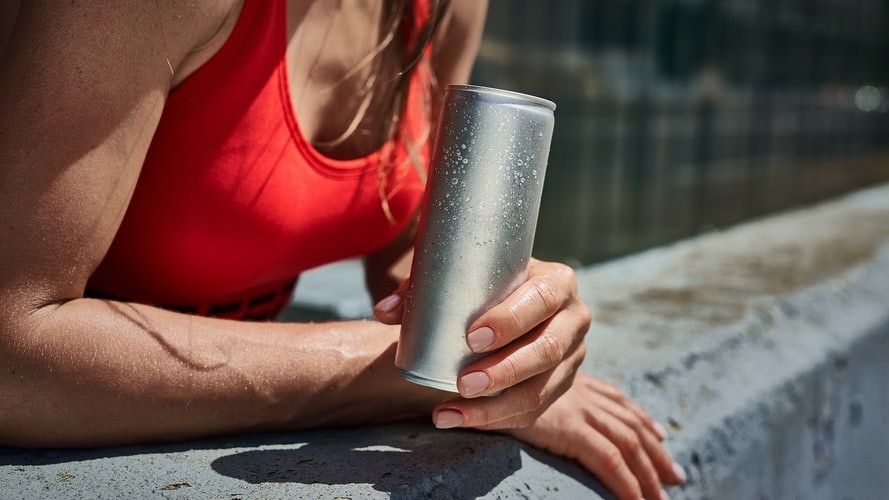Over 34 billion gallons of soft drinks are sold throughout the world each year. With the popularity of the soft drinks industry comes many questions regarding their effect on our health. Many people suffer from obesity because of soft drink consumption. With many of us treating soda as the main liquid in our diets, it often replaces water consumption. Of course, another major issue from these acidic and sugary drinks is tooth wear and rotting. Today we are going to discuss the health and nutrition issues that stem from soft drink consumption and try to understand further if fizzy drinks evoke obesity?
Sugar Levels

One of the most significant issues with fizzy drink consumption is the amount of sugar in each can or bottle. While anything is okay in moderation, the amount of sugar per drink needs to be taken into consideration when consuming soft drinks regularly. If you are looking to stay hydrated, water will always be your top choice. You may be surprised by just how much sugar is in each can of soda. It’s not uncommon for each serving to contain between seven and ten teaspoons of sugar. Imagine having that three or four times a day like many people do! Energy drinks also contain as much sugar as soda, and they have higher levels of caffeine, which can lead to an increase in blood pressure.
Calorie intake

Regular versions of soda contain a high number of calories, especially in comparison to other beverages. In contrast to eating nutritious food, they have a lot of calories yet no other nutrients that are beneficial to our health. While there are some excellent zero sugar or diet versions available, you also need to take the time to consider if the sweeteners added to these are in fact healthier than consuming the regular drink. With the average can of soda providing at least 150 calories, having three or four cans a day can quickly add up to a quarter of your recommended daily calorie intake.
Most of these calories are purely from sugar, and it is suggested that many consumers don’t reduce their food intake to accommodate these extra calories in their diet. Even by drinking just one sugar-sweetened serving a day, you could add five pounds of weight each year. Keeping that habit up for a few years will add significant weight and pressure to your body. By slowly cutting back your intake if you are drinking multiple cans a day, and replacing them with a glass of water, you can begin to wean yourself off the habit to improve your health.
Obesity is an important topic for us to study during any stage of our lives. When young children are brought up on soda instead of water, it can lead to childhood obesity and many issues later on in life. Researching obesity during school and college will help equip you for life, and you can share your findings with family and friends. By keeping yourself informed at all stages in your life, and staying up-to-date with new research, you can make the best choices for your health and body.
Fizzy vs Non-Fizzy drinks

The fizz in soda seems to be one of the leading reasons for weight gain and appetite issues. Research suggests that fizzy drinks increase ghrelin product, which is considered to be our hunger hormone. By increasing ghrelin levels, naturally, we begin to crave more food, even after drinking a calorific soda. While sugar sweetened beverages have been linked to obesity in many studies, this research in fact accommodates diet or sugar-free sodas. The fizz itself is one of the reasons that we overeat when consuming sodas, so regardless of what type of soda you are drinking, you are still at risk of being overweight. Of course, as with any unhealthy habit, people who drink sweetened beverages are also less likely to enjoy a healthy diet and may exercise less than other individuals. The best way to maintain a healthy weight, or lose weight if necessary, is to eat a balanced, whole foods diet. By reducing your consumption of processed food and drink, you’ll feel satisfied after each meal. Limiting snacking is also essential, and you should aim to get the majority of your calories through your three meals a day.
Other risks associated with soft drinks

By increasing your fizzy drink consumption and potentially gaining weight, you also put your body at risk of many other health conditions in the future. Type 2 Diabetes, heart disease and other chronic diseases are common side effects of obesity. It’s also been suggested that drinking high levels of soft drinks can increase your risk of premature death. While we are not suggesting you need to go cold-turkey and never drink a soda again, by slowly reducing your consumption over the upcoming weeks, months and years, you’ll be able to replace it with healthy habits to last a lifetime.
As with anything in life, moderation is key. You don’t need to never drink soda again in your life after researching the obesity links with fizzy beverages, however, keep in mind your consumption levels if it’s something you consume daily. While it’s a tough habit to kick, it’s worth the health benefits in the long run. Try to find a way to increase your water consumption and replace the habit of drinking your daily soda with something that will improve your health and wellbeing in the long run.




